Global Governance
Your Present Location: PROGRAMS> Global Governance-
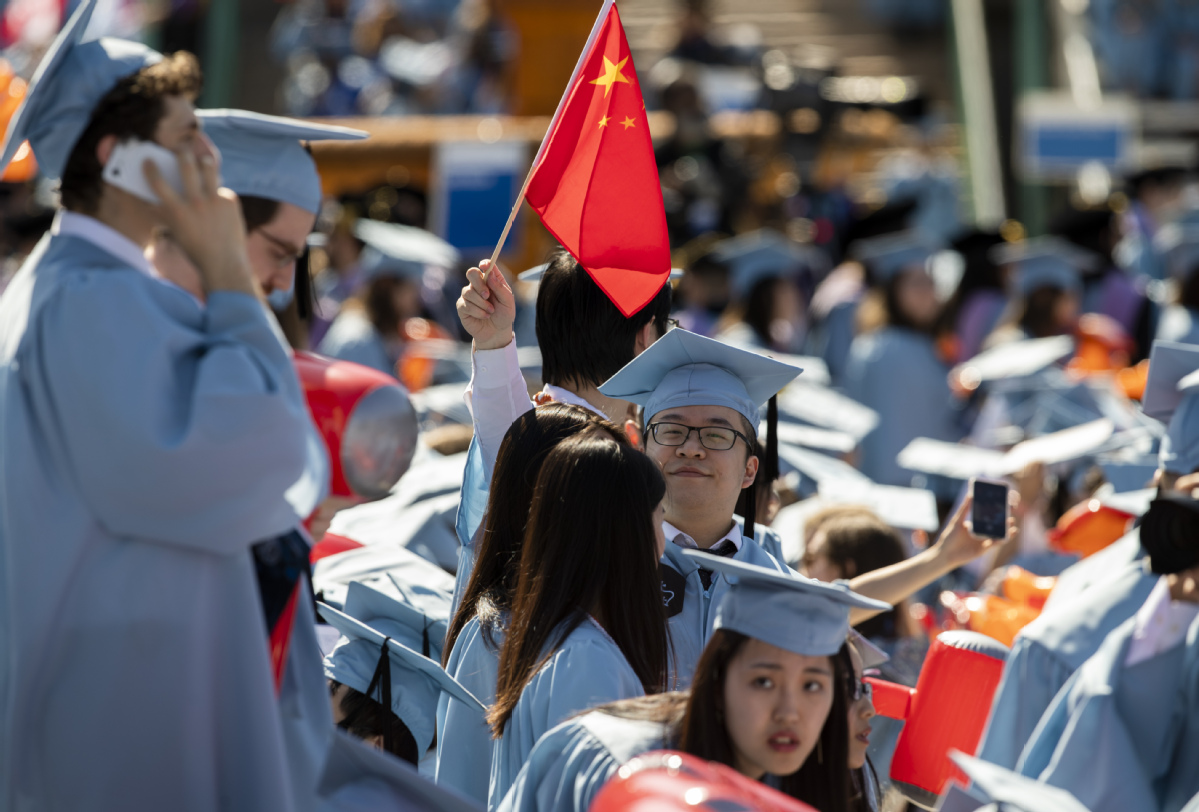
Zhang Mengchen: How to create a world-class university
Recently, a number of well-known universities have successively announced the results of expert evaluations on double-class construction. Tsinghua News Network stated that experts commented how "Tsinghua University is a world-class university in an all-around way," and many other universities have also released similar results. In response, Xu Mei, a spokesperson for the Ministry of Education, responded: "We should clearly realize that there is still a big gap between the overall strength of our country's higher education and the world's top universities."
2020-11-26 -

William Jones: China's latest five-year plan: Restarting the world economy
As China begins to deliberate its next five-year plan, the rest of the world still finds itself in the throes of the COVID virus, indeed, perhaps entering into a new and more serious phase. This is partly due to the chronology of the virus. China was the first country affected by the coronavirus. And it acted quickly and with great vigor, and was therefore the first country to battle its way out of the danger zone. Other countries were affected somewhat later and they reacted slowly and less rigorously in spite of the example shown by China.
2020-11-04 -
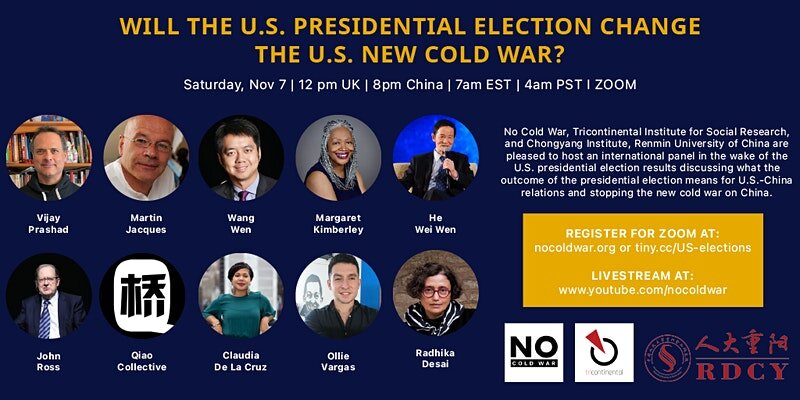
【2020-11-07】Will the US Presidential Election Change the New Cold War?
Join U.S., Chinese and other experts opposing a New Cold War who will analyze the consequences of the outcome of the U.S. presidential election. Register for this international panel here.
2020-11-04 -
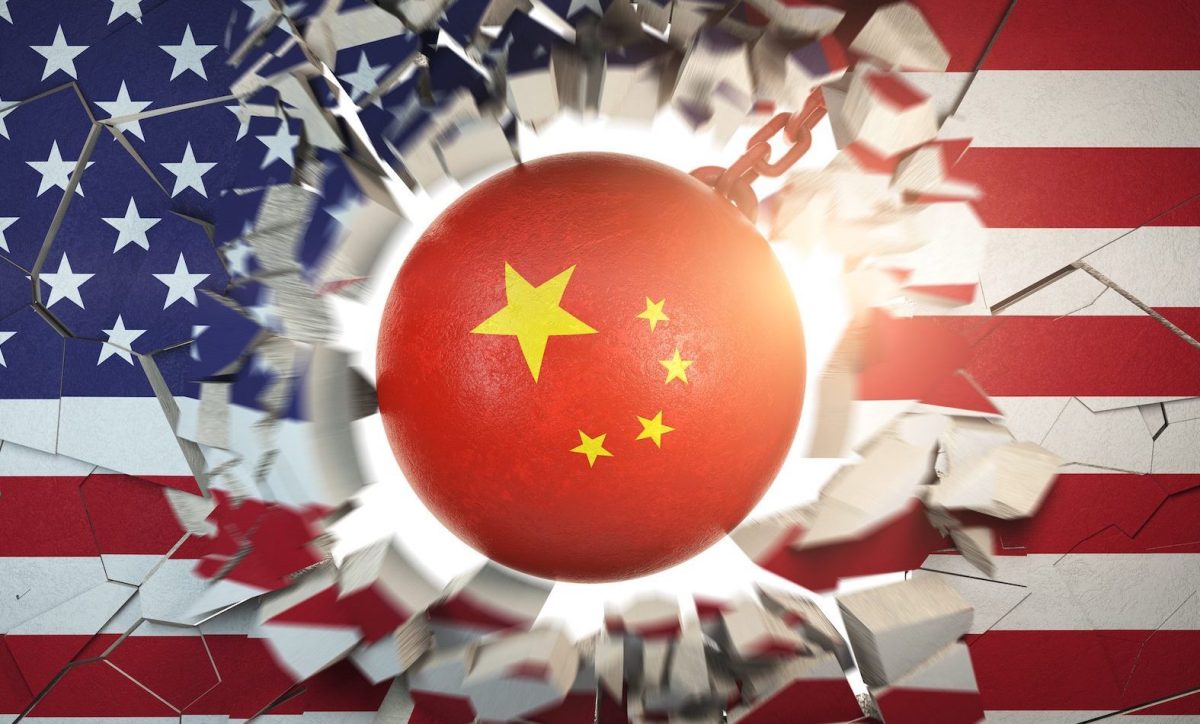
He Weiwen: Why Decoupling with China will Fail
Decoupling with China has been the flagship word of the day in Washington under the presidency of Donald Trump. The unilateral tariffs on Chinese goods imposed in 2018 and 2019 were only the initial maneuver in this direction. Since the outbreak of the coronavirus pandemic, we have seen an intensification both in words and deeds in the U.S. for ultimate decoupling with China.
2020-11-04 -
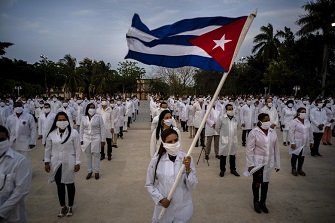
Vijay Prashad: Why Cuban Doctors Deserve the Nobel Peace Prize
Five years ago, I read the story of Dr. Félix Báez, a Cuban doctor who had worked in West Africa to stop the spread of Ebola. Dr. Báez was one of 165 Cuban doctors of the Henry Reeve International Medical Brigade who went to Sierra Leone to fight a terrible outbreak in 2014 of a disease first detected in 1976. During his time there, Dr. Báez contracted Ebola.
2020-08-25 -
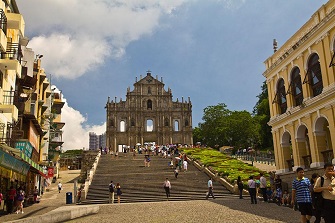
Wang Wen: Multipolar history is a lesson for rising China
Among fellows of all think tanks, I admire British historian Arnold Joseph Toynbee (1889-1975) the most. He is best known for his 12-volume A Study of History, which contains more than 3 million words and about 7,000 pages. These tomes trace the development and decay of 19 world civilizations in the historical record, most of which can be described as the most profound illustrations of human civilization.
2020-08-25 -
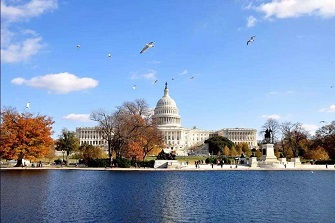
Liu Zhiqin: Politicians who only”fight” but not”reasonable” are taking the United States into a new”mud.”
Looking at the various words and deeds of this administration of the United States, many people have begun to suspect that a few politicians in the United States seem to behave abnormally, with uncertainties that ordinary people cannot predict. It may be more appropriate for us to diagnose important members of the US government as”political autism.” Two years ago, we just thought they were “suspected”, but after two years of observation and analysis by the international community, it can be confirmed that these American political elites are indeed suffering”Political Autism”.
2020-08-25 -

Djoomart Otorbaev: A road trip in Gansu shows effectiveness of campaign to end poverty
At the end of July 2019, I visited the Gannan Tibetan autonomous prefecture in Gansu province that has a population of about 700,000. We drove 230 kilometers from Lanzhou, capital of Gansu, to Hezuo, the prefecture seat area of Gannan, on a first-class highway through picturesque landscape, and passed through many excellently designed and built tunnels several kilometers long. The cost of building those tunnels alone could easily be in billions of dollars. And to think that China has spent such a huge amount just to make the lives of less than 1 million people better.
2020-08-24 -
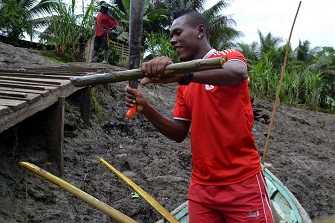
Vijay Prashad: The tragic assassination of Colombia’s sports hero Patrón, lover of football and his Afro-Colombian community
Not much, apart from football, unites the Colombian people. If a 2014 Interior Ministry survey called “The Power of Football” is to be believed, then 94 percent of the Colombian population say that football is either important or very important. Patrocinio Bonilla—called Patrón—was on the side of those who believed that football was very important, indeed essential. Patrón was murdered on August 11, 2020. Patrón lived in Chocó in northwestern Colombia, where 96 percent of the people identify as Afro-Colombian or as part of the Emberá Indigenous community. Chocó is treated as a backwater of the country, with no real infrastructure in the province’s expanse and little social policy to enhance the lives of its population.
2020-08-20 -

John Ross: UK's COVID-19 economic fallout: Is the worst behind us?
As governments around the world seek to save lives by slowing down the spread of the coronavirus, they have to take dramatic measures, with big implications for economic activity. John Ross, former Director of Department of Economy and Business Policy in London and senior fellow at Chongyang Institute for Financial Studies of the Renmin University of China, shares his thoughts on the economic impact of the coronavirus pandemic across the UK.
2020-08-19 -
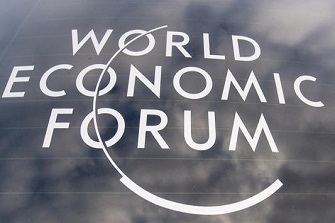
Peter Koenig: IMF and WEF – From Great Lockdown to Great Transformation. The Covid Aftermath
The WEF is an NGO, registered in a lush suburb of Geneva, with ambitions towards worldly power command. The IMF, created under the UN Charter, is an official international financial organization – one of the two Bretton Woods Institutions, the other one being the World Bank. The IMF was created to watch over and regulate the world monetary conundrum. Both, IMF and WB, are controlled by veto-power by the US Treasury. The discourse of both, the WEF and the IMF, is to “doing as much good to a covid-disaster stricken world as we can.” None of them mentions how their actions will put the world – especially the developing world, into even deeper ‘sustainable’ disaster.
2020-08-17 -
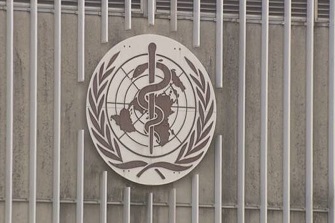
Zhang Mengchen: Withdrawal from WHO bad for US, global public health
Since the COVID-19 pandemic broke out, the US president has been trying to shift the responsibility for his administration's failure to contain the outbreak at home by blaming the WHO(and China, in good measure) for the spread of the public health crisis. That the WHO has faced threats and criticisms from the White House shows that the US' unilateral approach is not restricted to trade and political matters; it extends to health and other public welfare fields too.
2020-07-13 -

Wang Wen: New ‘world war’ can only be stopped by global cooperation
More than 200 million people are at risk of unemployment as human civilization faces a new world war in the form of COVID-19 that can only be stopped by global cooperation, a Chinese expert has told symposium in Abu Dhabi. Dr. Wang Wen, executive dean of Chongyang Institute for Financial Studies, and vice president of Silk Road School at Renmin University of China (RUC), said there is a significant risk of conflict because of social breakdown and instability.
2020-07-03 -
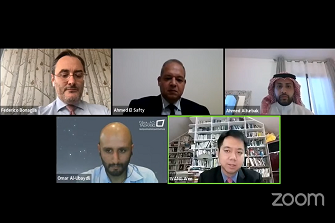
Wang Wen: Without unity, the world might be in a "Dark Age"
Actually facing this unknown, unexpected disease, China launched a very big battle to COVID-19 for five months and control basically COVID-19 spreading since the end of the February. But the problem is that in the past four months, there are no infections in most parts of China. But most of people who live in China still wear masks to prevent the transmission of COVID-19. On June 15th, Beijing, my living city, the capital of China, reported new domestically transmitted COVID-19 cases, there are about 10 daily new confirmed cases now, since the middle of this month. And this further makes us realize that the pandemic is turning into a protracted war. No one can relax. Even, as you may know, in China totally in the last five months only below 9000 cases.
2020-07-02 -
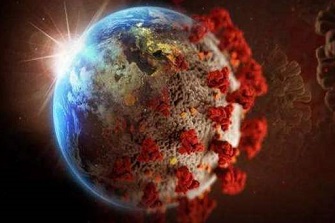
Wang Wen: Will coronavirus bring world to dark age?
When the novel coronavirus broke out about five months ago, people thought the virus would be something like SARS - a terrifying infectious disease that hit them hard in 2003. It was unthinkable for almost everyone that COVID-19 would become such a severe pandemic. As of press time, there have been over 10 million confirmed cases of COVID-19 around the world with more than 501,000 deaths. As a comparison, a total of 8,098 people worldwide became sick with SARS during the 2003 outbreak, and 774 of them died. Moreover, due to some countries' loose handling of COVID-19, the downward inflection point in terms of worldwide cases has yet to come.
2020-06-30 -
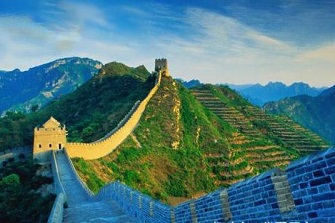
Wang Wen: Making Polarisation? China Can, but Won’t
US scholars proposed the concepts of “G2” and “Chimerica” a decade ago. At present, the total GDP of China and the United States exceeds 40% of the world’s total, their combined military expenditures exceed 45% of related global spending, and they account for more than 65% of the world’s R&D investment. According to the assumptions of those US scholars, a pattern of G2 or polarisation has already emerged. But the fact is that the Chinese government and the nation’s academic circles have not yet affirmed the emergence of a G2, and are even more reluctant to move towards a polarised global paradigm with the United States.
2020-06-30 -
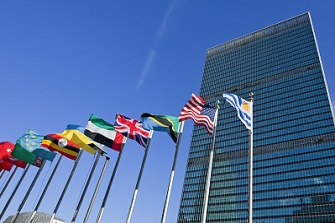
Slawomir Majman: It is time for redefining global order
What will happen when the international community contains the nightmarish novel coronavirus pandemic? Avoiding easy comparisons, it is worth recalling how 10 years ago Western pundits prophesied a complete transformation of the world economic order when in reality nothing significant has changed. But despite not knowing much about the future, we can be almost certain that after the pandemic, China will be in a completely different position.
2020-06-24 -

Wang Wen: West should seek fair stories and modernize its minds about China
It is unrealistic to think that there aren't negative things happening in China. Unfair even evil deeds do take place from time to time. The burden to reduce poverty and increase employment remains heavy. The Chinese people have undergone a difficult time in fighting the novel coronavirus. When observing anything under a microscope, bacteria and dirt will always be spotted. It has to be understood that China's great changes and structural trends have varying degrees of good and evil, positive and negative, with progress and setbacks.
2020-06-23 -
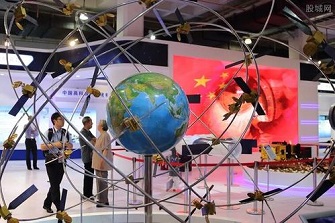
Wang Wen: China won't watch globalization die
Data has proven that China is stabilizer of globalization. The WTO on April 8 said that world trade is expected to fall between 13 percent and 32 percent in 2020. The drop will mainly come from the US, whose imports declined 20.5 percent in April from January while exports fell 28.1 percent in the same period. But China's imports and exports in the first five months of 2020 have maintained a slight year-on-year dip of 4.9 percent. Meanwhile, exports in May increased 1.4 percent. China has become ballast stone of world trade.
2020-06-16 -
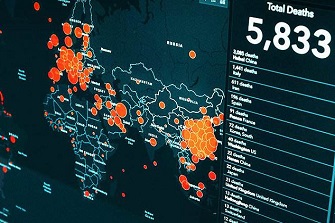
He Yafei: After the Pandemic: More or Less Anarchy?
The pandemic has wreaked havoc with global governance, plunging the world into further anarchy with fundamental changes. The world is witnessing the emergence of a new world where global governance in particular public health governance including crisis management is in disarray. The major power cooperation essential to the provision of global commons in support of a functional global governance system is fading fast as a result of intensifying geopolitical entanglements. The pandemic served as a catalyst escalating fragmentation and anarchy of global governance and post-pandemic governance will probably be more rather than less anarchic. Let us take a look into the post-pandemic world.
2020-06-15
























































































 京公网安备 11010802037854号
京公网安备 11010802037854号





